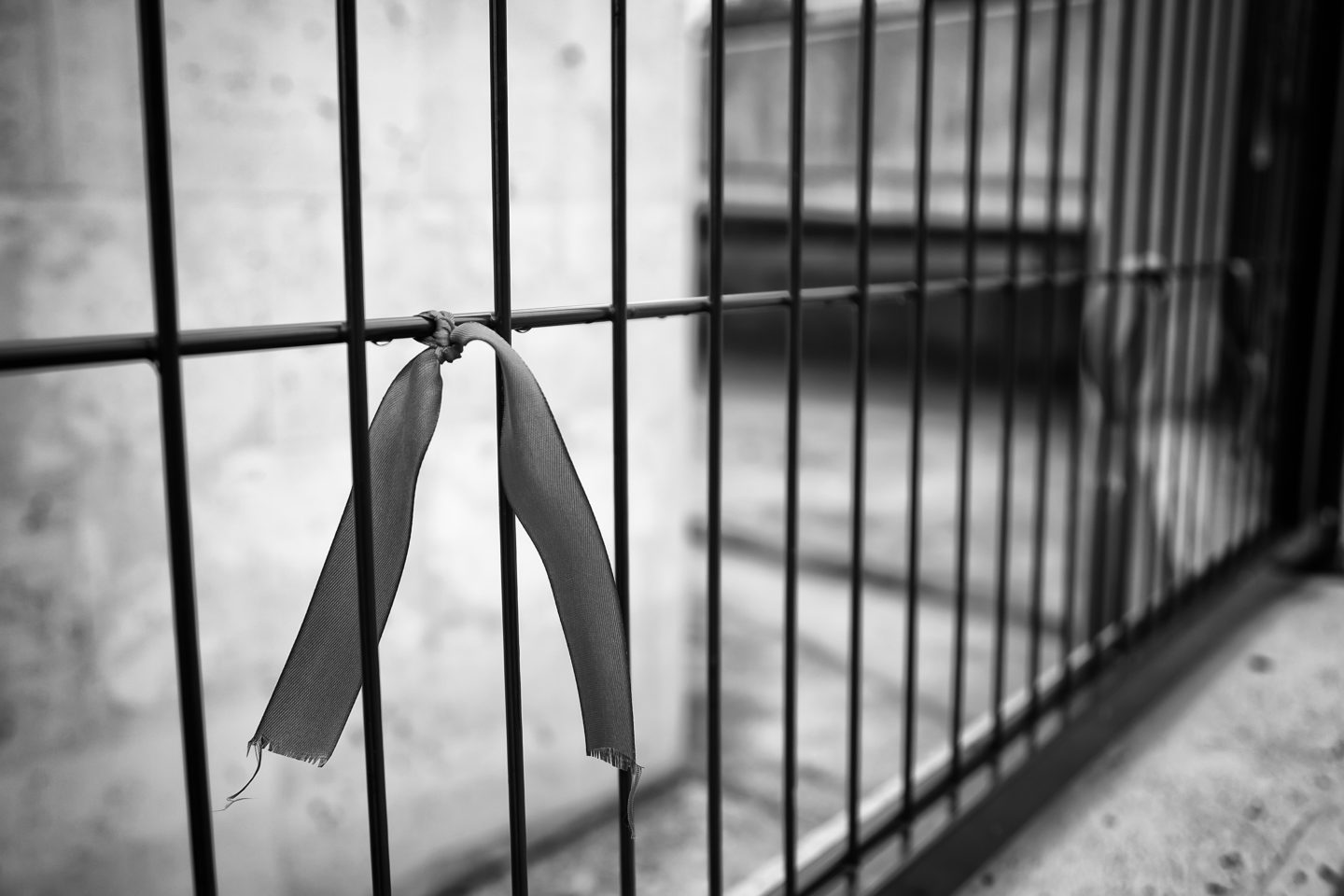A charity supporting victims of rape has called for “radical changes” to how sex offence cases are handled after a judge strongly criticised the treatment in court of a woman who was sexually assaulted.
Rape Crisis Scotland described a Court of Appeal judgement as “extraordinary” after it ruled there had been a “serious failure in the administration of justice” in the case of a 21 year old woman who became “extremely distressed” while being cross-examined in court.
In a ruling on the 26 May 2020, the Court Of Appeal said the woman had been subjected to “repetitive and at times irrelevant questioning” and that nothing was done to intervene when she became upset while giving evidence.
In response Rape Crisis Scotland has called for urgent new measures to protect victims of sexual crimes including specialist training for judges or sheriffs hearing sexual offence cases.
The case involved a 52 year old man, Gavin Macdonald, who was convicted of sexually assaulting the woman in August 2017. On 26 September 2019 he was sentenced to 27 months in prison but appealed the verdict.
On 26 May, however, the appeal court upheld the conviction and made a number of critical observations about the trial and how the woman was treated in court.
Judge Lord Carloway said the trial was conducted in a manner which “flew in the face of basic rules of evidence and procedure, not only the rape shield provisions but also the common law.”
He added: “It ignored a number of principles which have been laid down and emphasised in several recent decisions of this court. If justice is to prevail in the prosecution of sexual offences, it is imperative that those representing parties abide by these basic rules.”
If they do not do so, Lord Carloway said, the judge or sheriff must intervene to remedy the matter.
He continued: “During her cross-examination, this complainer was subjected to repetitive and at times irrelevant questioning. She became extremely distressed and rightly so. The court did nothing to intervene. Were this to be repeated, the situation in sexual offences trials would be unsustainable.”
Sandy Brindley from Rape Crisis Scotland said: “This case lays bare what complainers of sexual offences have been telling us for years, of agonising waits for their case to get to court, and if it does get to court, of a process that can feel incredibly traumatic and demeaning.
“Far too often, complainers in sexual offence trials feel that that they are the ones on trial, and that no one is protecting them.”
She pointed out that there have been “numerous cases” in recent years where the “Crown has not opposed applications to introduce a complainer’s sexual history or character, where it is clear to us that they should have.”
“Complainers in Scottish trials do not currently have their own legal representation, as the Crown act in the public interest. Complainers cannot rely on the Crown to protect their privacy or dignity in court,” Brindley added.
Rape Crisis Scotland is now calling for complainers in sexual offence cases to have access to their own legal representation when any application is made to introduce their sexual history or character
The charity would also like to see the introduction of specialist training for any judge or sheriff hearing sexual offence cases, and mandatory training for all legal practitioners involved in sexual offence cases in the questioning of vulnerable complainers
All judges, sheriffs and legal professionals involved in sexual offence cases must have been through specialist training before they can be involved in a sexual offence trial, Rape Crisis is arguing.
A spokesperson for the Crown Office and Procurator Fiscal Service said: “The Crown is committed to the effective, rigorous and fair prosecution of sexual crime and to assisting and supporting victims and witnesses through the prosecution process.
“We will carefully consider the terms of the judgment and undertake to learn any lessons that may emerge.”
Photo thanks to iStock/fotocelia.














